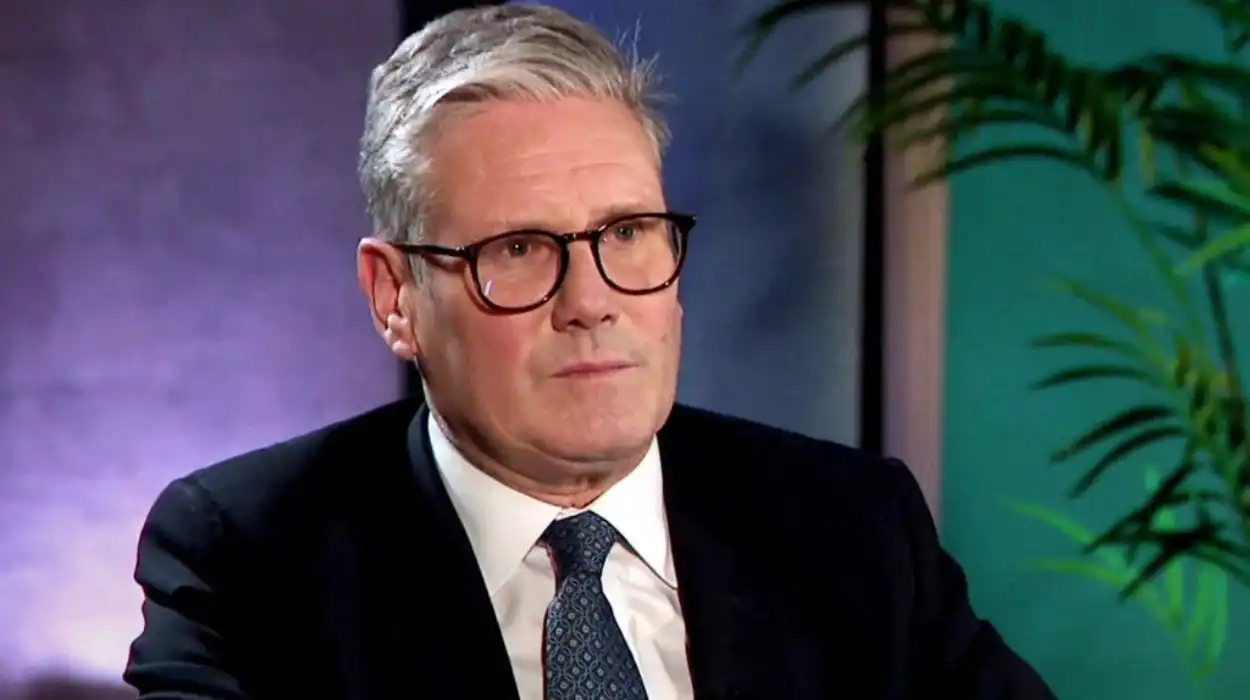London (Parliament Politics Magazine) – Sir Keir Starmer confirmed no plans for further tax increases before the next election but left room for changes in unforeseen circumstances.
The British Prime Minister admitted that some of his decisions might not always be popular, but insisted that voters will have the opportunity to evaluate his leadership at the next general election, based on whether their living standards have risen.
In a BBC Breakfast interview, Sir Starmer said that it is not his “plan” to raise taxes before the next election, although he can not completely rule them out due to potential “unforeseen” circumstances.
On Thursday, Sir Keir Starmer set out his “plan for change,” presenting six “milestones” he expects the voting public will use to assess his government at the next election.
One milestone from Sir Starmer’s plan is a promise to put more money in the pockets of working people.
Kemi Badenoch, Conservative leader, rejected the PM’s new pledges, arguing they showed Labour had not been “ready for government.”
She described the PM’s speech as an “emergency reset” after a difficult five months in office.
Meanwhile, Labour has denied the claims that the new milestones are a reset after their initial months in government.
Chancellor Rachel Reeve in her first Budget in October, announced a nearly £70bn increase in public spending, with more than half of the funds generated through higher taxes, primarily hitting businesses.
The government will raise up to £25 bn annually through an increase in National Insurance contributions (NIC) on worker’s earnings, with employers facing the cost.
Capital gains tax on share sales will also rise, and inheritance tax thresholds will be frozen.
When asked about the possibility of further tax increases,
Sir Keir said,
“I don’t want to suggest we’re going to keep coming back for more because that isn’t the plan. What I can’t do, is say to you there are no circumstances unforeseen in the future that wouldn’t lead to any change at all.”
Starmer added,
“If you look at Covid and Ukraine, everyone knows there are things we can’t see now but I can tell you our intention was to do the tough stuff in that Budget, not keep coming back.”
In response to questions about why his popularity had fallen since the election, Sir Keir stated he made the “tough decisions” early in his time as Prime Minister.
BBC reported he admitted that while the decisions may not always be popular, they were essential “to turn the country around.”
Sir Starmer said,
“I just don’t want to do what politicians have done in the past which is to get in the warm bath of empty promises.”
He added,
“You’ll have a better health service, you’ll have better houses, you’ll have better energy bills at the end of this and I’ll be judged, quite rightly, at the end of the parliamentary term whether I’ve delivered on what I said I would deliver on.”
Sir Keir responded to a question about when people would feel better off, he said the measure would come at the end of the Parliament, but expressed his desire for people to “feel better off straight away.”
Speaking at Pinewood Studios in Buckinghamshire, with the slogan “plan for change” displayed on the lectern, Keir Starmer criticized Whitehall for becoming too comfortable with failure and urged civil servants to meet specific policy targets and deliver on 150 “major infrastructure projects.”
The Prime Minister also outlined six “milestones” focused on “giving the British people the power to hold our feet to the fire.”
These milestones include achieving household income and GDP to make the UK the fastest-growing economy in the G7, building 1.5 million new homes, and speeding up decisions on 150 major infrastructure projects.
He also plans to achieve 95% clean power by 2030, ensure 92% of NHS patients wait no longer than 18 weeks for care, and get 75% of five-year-olds ready to learn when they start school.
Further, Starmer pledges a named police officer for every beat and 13,000 extra neighbourhood officers across England and Wales.


